You Say Potato, We Say Why Not?

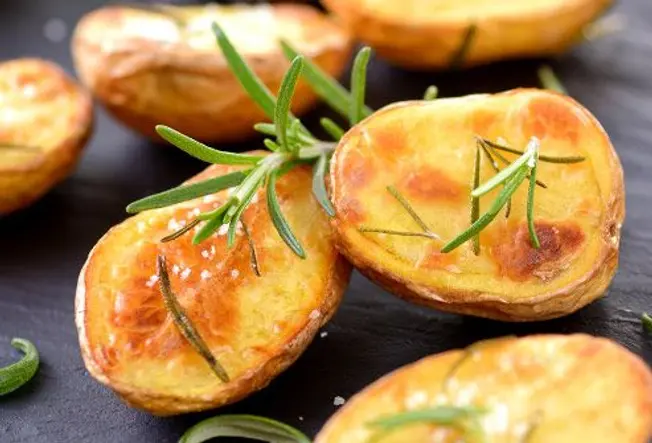
The Not-So-Lowly Spud
Yes, it's true. Potatoes have lots of carbs. But they also have loads of nutrients, like potassium and magnesium. And they're much lower in calories than other staples (we're looking at you, rice and pasta). That is as long as you leave off the butter, sour cream, cheese, and bacon bits. (Sigh.)
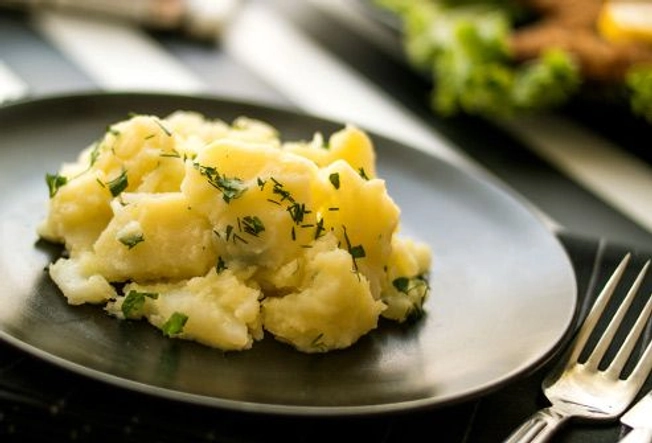
Hot Potato, Cold Potato
The starch in potatoes can be hard to digest -- it's called resistant starch. So your body changes some of it into short-chain fatty acids that help keep your gut healthy and may help prevent obesity, colon cancer, and diabetes. Cooking does away with some, but it comes back when the potatoes cool. Potato salad, anyone?
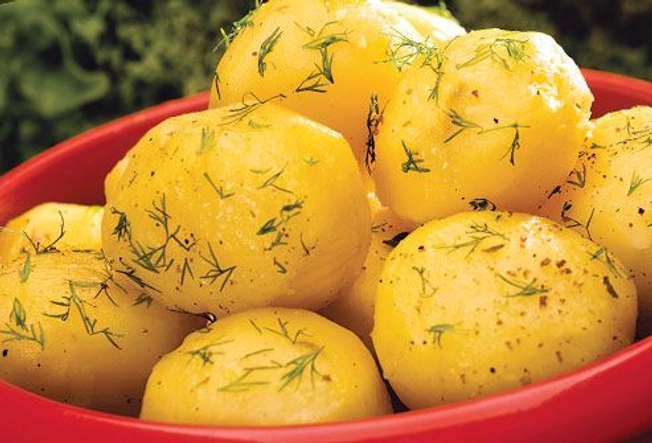
Potatoes Have Protein
Along with resistant starches, this might help lower bad cholesterol. Scientists are still looking into it, but in the meantime, you might try some boiled red potatoes with a touch of olive oil as part of your healthy diet. In moderate amounts, the oil can be good for your cholesterol, too.
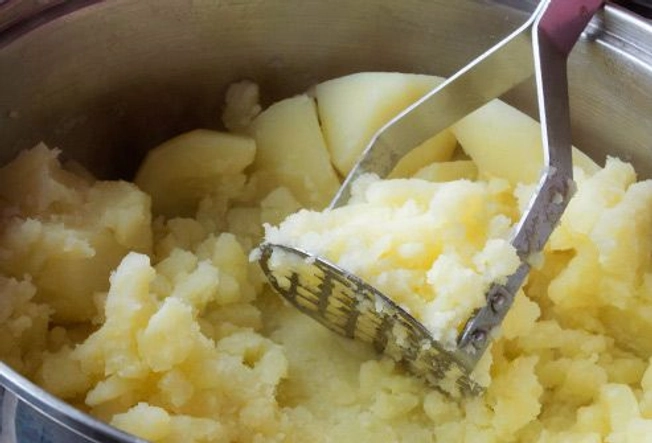
You'll Eat Less
Potatoes top something called the satiety index, which ranks how well different foods satisfy your hunger. Based on calories, nothing beats the potato. If you feel full, you're likely to eat less, which makes you less likely to get heart disease, stroke, high blood pressure, and diabetes. And what's more satisfying than mashed potatoes? (Keep the skins, and leave out the butter and cream.)
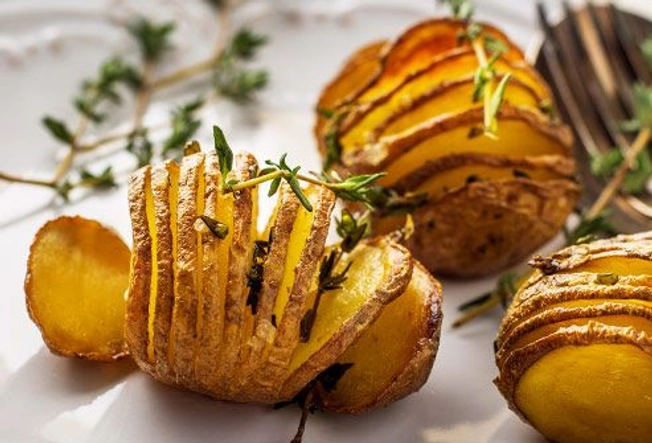
Packed With Potassium
A boost in this mineral can help lower your blood pressure, and it works better if you get it from food instead of supplements. Potatoes have more of it gram-for-gram than bananas -- or any other fruit or vegetable, for that matter. For a new twist, try accordion potatoes: Make thin slices in them, but don't cut through. Then drizzle with olive oil and garlic, and bake.
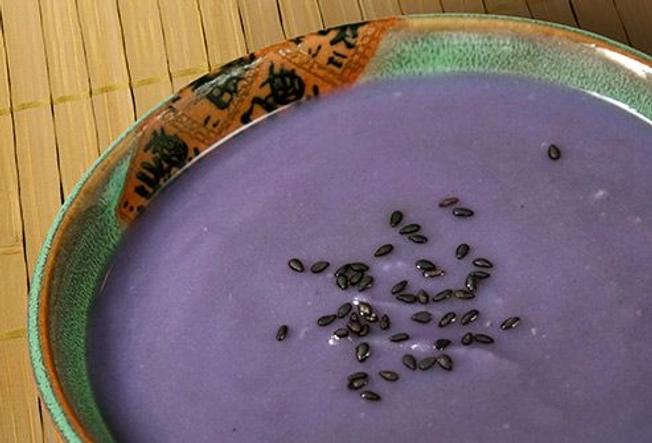
The Blueberry - Potato Connection
They may seem as different as two foods can be, but both are high in chemicals called phytonutrients that help protect your cells. Like blueberries, potatoes with red, blue, or purple skins have a lot of one kind -- anthocyanins -- that scientists think can be especially good for you. Get plenty with some roasted purple potato soup.
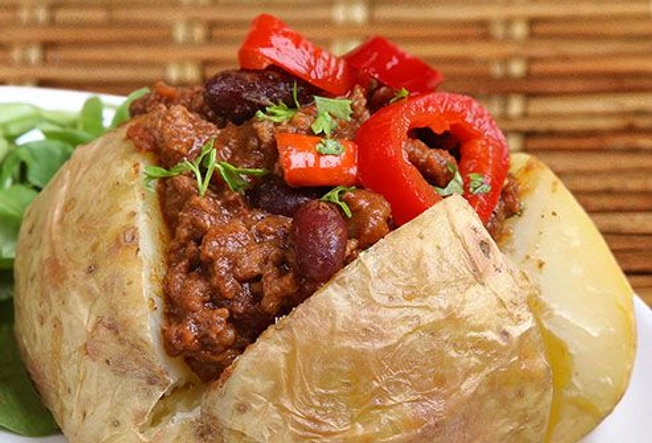
Loads of Magnesium
Potatoes are a good source of this essential nutrient your body uses to make protein, store energy, and keep your cells stable and healthy. It also helps process sugar in your blood. Some studies suggest it may help prevent migraine headaches, Alzheimer's disease, stroke, heart disease, and diabetes. More research is needed, but while you wait, bake a potato -- and top it with veggie chili instead of sour cream and butter to keep it healthy.

More Good Stuff
Potatoes also have calcium (important for strong teeth and bones), vitamin C (boosts your immune system), vitamin B6 (helps your body process protein), and folate (helps a baby develop in the womb).
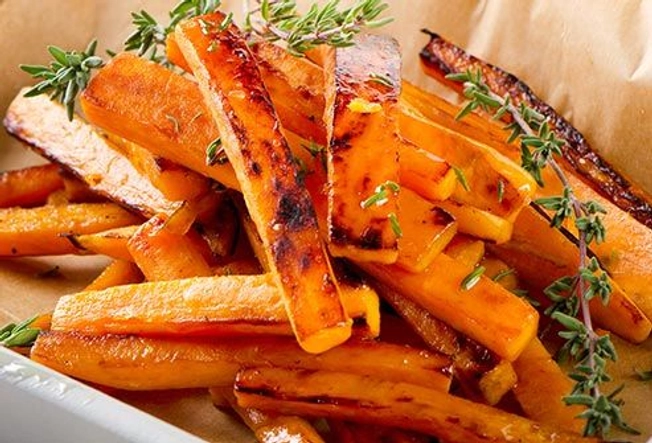
Sweet Is Good, Too
A single serving of a sweet potato (1 cup) has more than 200% of your daily requirement of vitamin A, which is important for your vision. It also has more fiber, fewer calories, and fewer total carbs than a white potato. How about some oven-baked sweet potato fries?